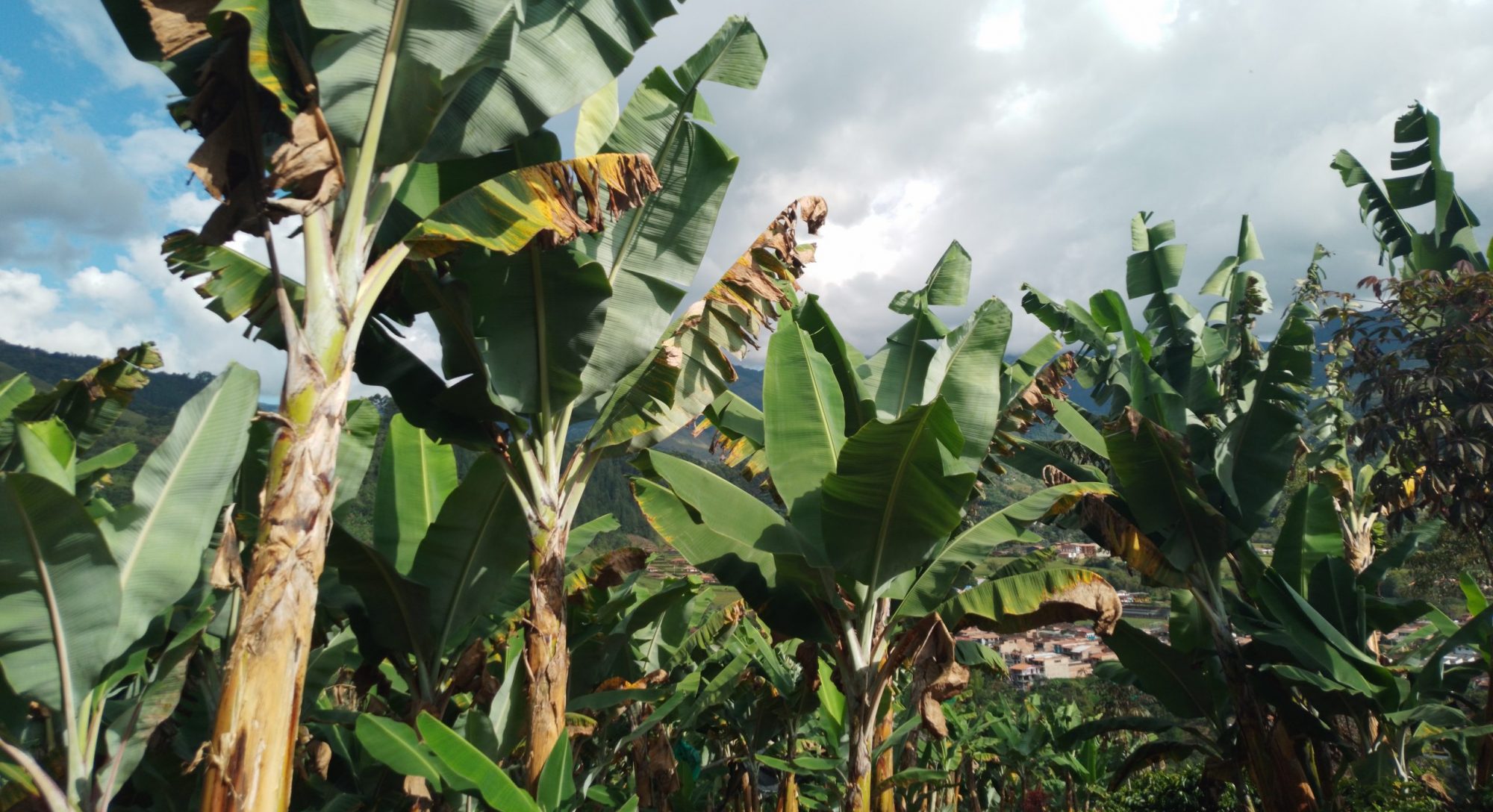Tuesday 26th August 2014
Venue: Education Centre, Royal Geographical Society (RGS), 1 Kensington Gore, London, SW7 2AR
Organised by RGS Research Groups: EGRG, DARG, SCGRG and PolGRG
This workshop will take place on the day before the annual international conference of the RGS (with IBG). It brings together academics, including postgraduates, from across human geography to facilitate a critical focus and debate on the nature and implications of research impact, from research group perspectives across the discipline, including thinking more broadly and critically about what research impact means to us, and how it affects our work. The event includes group and roundtable debate, facilitated by five keynote talks.
Programme:
10:00-10:30 Registration & coffee
10:30-10:45 Welcome from Alex Hughes & introductions
10:45-12:00 Session 1: Tracking & Embedding Impact (Chair: Steve Musson)
Dr Martin Walsh (Global Research Adviser, Oxfam GB, & Member of REF Main Panel C): Researching impacts: emerging lessons from the development sector
Group discussion: How do we embed & track impact? How might we work with organisations to do this, and what are the challenges?
12:00-13:00 Lunch
13:00-14:30 Session 2: Politics, Consequences & Communication of Impact (Chair: Rebecca Sandover)
Professor Kevin Morgan (Cardiff School of Planning & Geography): The politics of sustainable school food reform (project recognised in ESRC Impact Annual Awards 2013)
Hazel Edwards (Senior Engagement Manager – Arts & Humanities, Durham University): Research impact through partnership: the case of a Tyne & Wear Archives & Museum project
Group discussion: How do we conduct research that shapes public policy/engagement? How do we address the political challenges associated with the generation & consequences of research impact? How do we communicate research impact?
14:30-15:00 Tea/coffee
15:00-16:30 Session 3: Conceptualising Impact & its Pathways (Chair: Karen Lai)
Eloise Mellor (ESRC): Overview of ESRC’s current visions of impact
Professor Nina Laurie (Newcastle University): Conceptualising impact in the global South: the case of a trafficking project
Group discussion: How do we conceptualise and create pathways to impact? What kinds of skills are required to foster impact?
16:30 Workshop closes
18:15 Annual conference opens
The event is free to students (current, registered graduate or doctoral studies), and £16 for all others.
To register for the event, you can book in one of two ways: (i) through the RGS website and online booking system (to add the workshop to your RGS annual conference booking) at www.rgs.org/AC2014Workshops or, if you are not attending the annual conference, (ii) by e-mailing Alex.Hughes@ncl.ac.uk and sending a cheque (if you are paying) for £16 made payable to ‘EGRG’ to Alex Hughes, School of Geography, Politics & Sociology, 5th Floor Claremont Tower, Newcastle University, Newcastle upon Tyne, NE1 7RU by 6th August.
